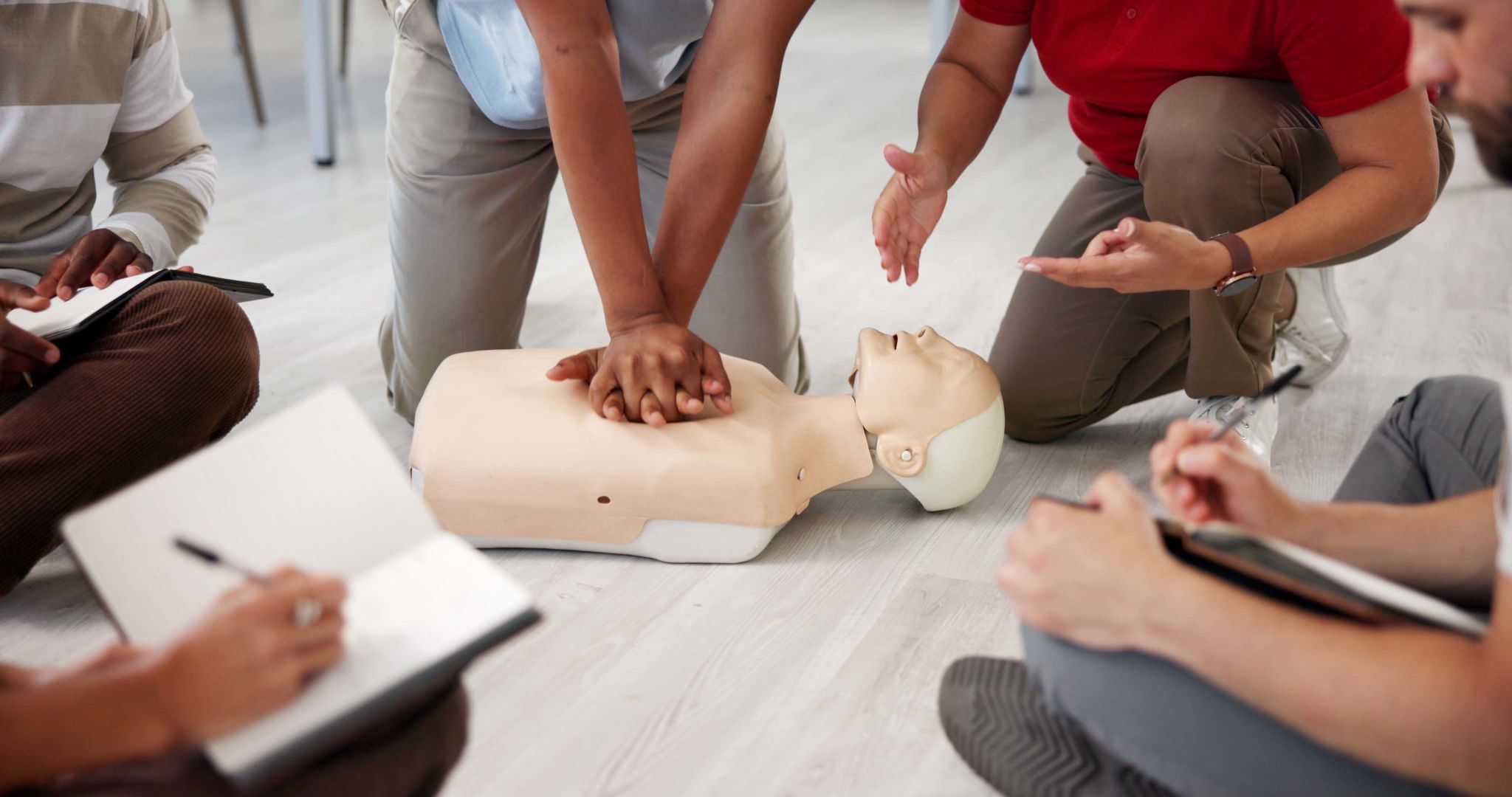Choosing the Right Kansas CPR Instructor: Key Qualities to Look For
Understanding the Importance of CPR Training
Cardiopulmonary resuscitation (CPR) is a lifesaving technique crucial in emergency situations. Whether you're a healthcare professional or a concerned citizen, having the ability to perform CPR can make a significant difference. Choosing the right CPR instructor is vital in ensuring you receive thorough and effective training.
The effectiveness of CPR training often hinges on the expertise and approach of the instructor. In Kansas, there are numerous instructors available, but finding one who meets high standards can significantly enhance your learning experience.

Experience and Certification
When selecting a CPR instructor, one of the first qualities to consider is their experience and certification. Instructors with a wealth of experience have likely encountered various real-world scenarios, which they can incorporate into their teaching. Look for instructors certified by reputable organizations such as the American Heart Association or the Red Cross.
Certification ensures that the instructor is up-to-date with the latest guidelines and techniques. An experienced instructor not only teaches the mechanics of CPR but also provides insights into nuances that could be critical during an actual emergency.

Teaching Style and Communication Skills
The way an instructor communicates can greatly affect your learning experience. A good CPR instructor should possess excellent communication skills, making complex concepts easy to understand. They should be capable of adapting their teaching methods to suit different learning styles, whether visual, auditory, or kinesthetic.
Look for instructors who encourage questions and foster an interactive learning environment. This approach not only helps in grasping the material better but also builds confidence in applying the skills learned.
Practical Experience and Scenarios
Practical, hands-on experience is crucial in CPR training. An instructor who incorporates realistic scenarios into the training sessions provides invaluable practice. These scenarios help simulate high-pressure situations, allowing students to apply their skills in a controlled environment.
Instructors should offer ample opportunity for practice, giving personalized feedback along the way. This focus on practical application ensures that students are well-prepared to perform CPR effectively when needed.

Reputation and Reviews
The reputation of an instructor can give you insight into their effectiveness. Look for online reviews or ask for recommendations from friends or colleagues who have taken CPR courses in Kansas. Positive testimonials often indicate a high level of satisfaction among past students.
Don’t hesitate to reach out to the instructor directly to ask about their teaching philosophy and experience. This interaction can provide additional context that may not be available through reviews alone.
Accessibility and Flexibility
Finally, consider the accessibility and flexibility of the instructor’s schedule. In today’s busy world, finding an instructor who offers flexible class timings can be a significant advantage. Some instructors may even offer online courses or hybrid models to accommodate different needs.
Ensure that the location of the classes is convenient for you, as this can affect your ability to attend consistently and engage fully with the course material.

In conclusion, choosing the right CPR instructor in Kansas involves considering various factors such as experience, communication skills, practical application, reputation, and flexibility. By taking these elements into account, you can ensure that you receive high-quality training that prepares you to handle emergencies with confidence.